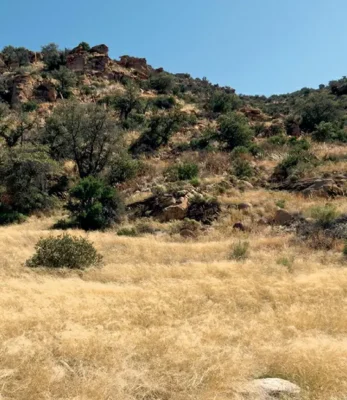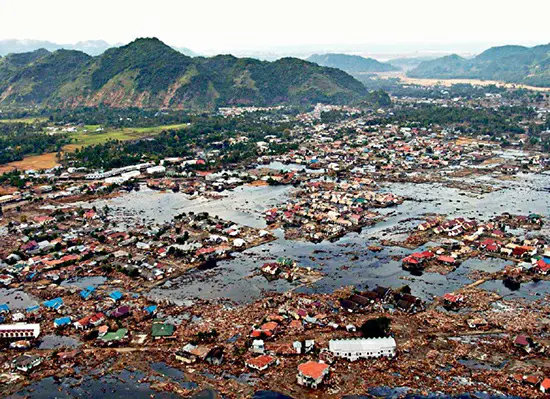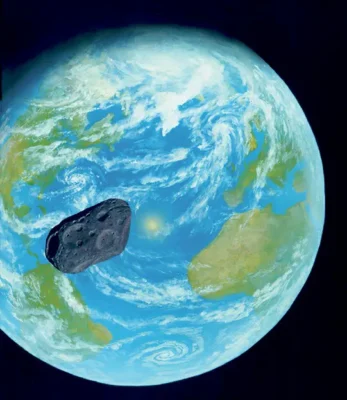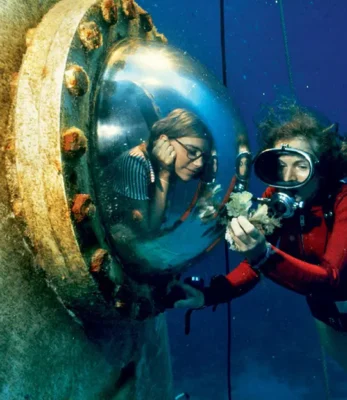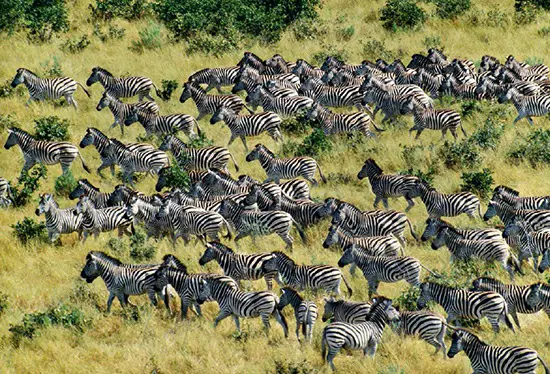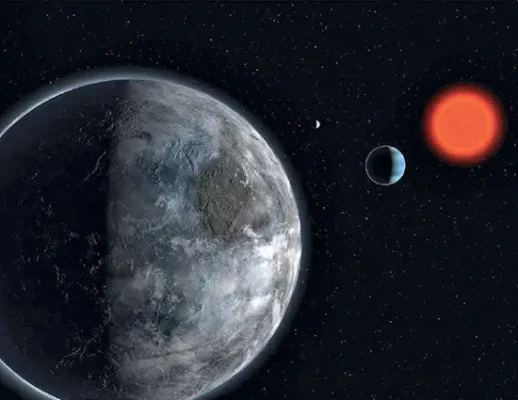Category Archives: Our Planet
Throughout Earth’s History: 250 Key Milestones in Earth Science
2008: Preserving Biodiversity – The Role of the Svalbard Global Seed Vault
The Svalbard Global Seed Vault, part of a network of global seed banks, plays a crucial role in preserving plant genetic diversity, safeguarding seeds against global threats, and ensuring future agricultural sustainability
2007: Understanding and Managing Carbon Footprints
The carbon footprint concept, vital for understanding environmental impacts, measures direct and indirect carbon emissions from human activities, aiding in global efforts to tackle climate change
2004: The Significance of Grasslands and Chaparral in Global Ecosystems
Grasslands and chaparrals are crucial ecosystems, with grasslands characterized by moderate rainfall and chaparral thriving in Mediterranean climates. Their preservation is vital for maintaining biodiversity and ecological stability
2004: Sumatran Earthquake and Tsunami – A Historical Catastrophe
The 2004 Sumatran Earthquake and Tsunami, triggered by a massive undersea earthquake, resulted in over 280,000 deaths, highlighting the urgent need for improved tsunami warning systems
1999: The Devastating Impact of the Vargas Landslide
The 1999 Vargas Landslide in Venezuela, triggered by heavy rain, highlights the sudden, catastrophic potential of landslides, emphasizing the need for greater awareness and geological understanding
1999: Understanding the Torino Impact Hazard Scale
The Torino Scale assesses cosmic impact risks on Earth, ranging from 0 (no risk) to 10 (certain catastrophe). All known PHAs currently score 0, but monitoring continues
1999: Understanding Earth’s Gradually Slowing Spin
The Earth's spin gradually slows due to factors like tidal friction, affecting timekeeping and necessitating the addition of leap seconds to UTC
1998: Sylvia Earle – A Champion of Ocean Conservation
Marine biologist Sylvia Earle's lifelong dedication to ocean conservation highlights the crucial link between ocean health and human survival, tackling issues like coral reef die-offs and pollution
1997: Unraveling the Mysteries of Large Animal Migrations
Large animal migrations, involving various species, are driven by environmental and instinctual cues. The complexity of these migrations, threatened by human activities, remains a focus for conservation efforts
1995: Discovering Earthlike Exoplanets in the Cosmos
Astronomers have discovered thousands of exoplanets, including Earth-sized worlds, using methods like radial velocity and transit. The universe may be filled with Earthlike planets, expanding our cosmic understanding



